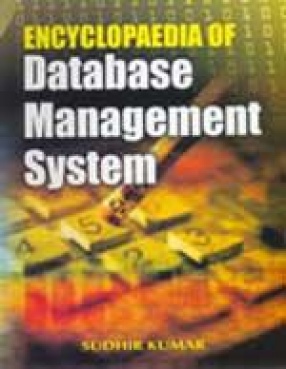Observers across the ideological spectrum concur that more R&D means a more vibrant economy, but there is little consensus on the specifics of how R&D generates this result, how R&D managers should assess the likely utility of proposed research projects, or how they should manage their expert and autonomous employees. In this book, Roli Varma chronicles the transformation of major industry research labs in the U.S. since the 1980s, from quasi-autonomous centers of inquiry to business-driven service providers. This transformation, she argues, contributed to the technological and economic resurgence of the U.S. during the same period. Why R&D matters, how projects are selected, old and new ways of connecting R&D to the strategic goals of the company, and the challenges of managing researchers in a changing environment are all addressed in this book, which draws extensively on relevant literature from multiple disciplines, as well as nearly 200 interviews with scientists and managers conducted over the course of 15 years. In short, Varma tells us that recent changes make it more important than ever to cope effectively in the intangible and uncertain domain of R&D management. Chapters on the Indian R&D system by Shikha Suman and P. Vigneswara Ilavarasam document the remarkable growth in this sector in recent years, as well as its dependence on global players. This book is a must for scientists, corporate leaders, policy-makers, and anyone who wants to understand why industrial R&D is important to the economy and society, how the system works, and the policy changes and management practices that can help countries such as India build on recent advances.
Managing Industrial Research Effectively
In stock
Free & Quick Delivery Worldwide
Bibliographic information
Title
Managing Industrial Research Effectively
Author
Edition
1st ed.
Publisher
ISBN
8131401235
Length
212p.
Subjects





There are no reviews yet.